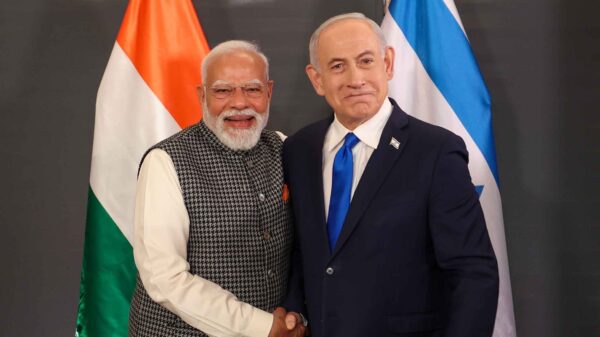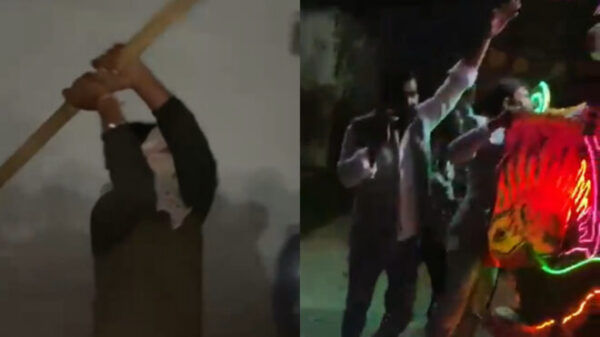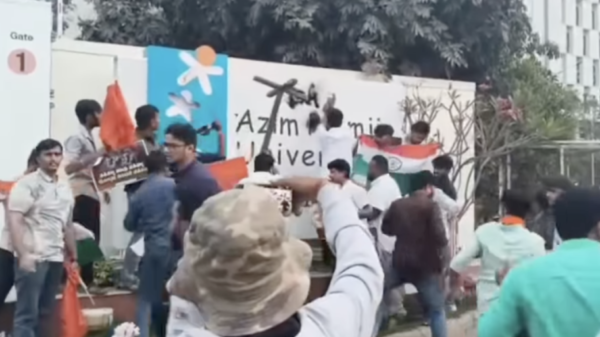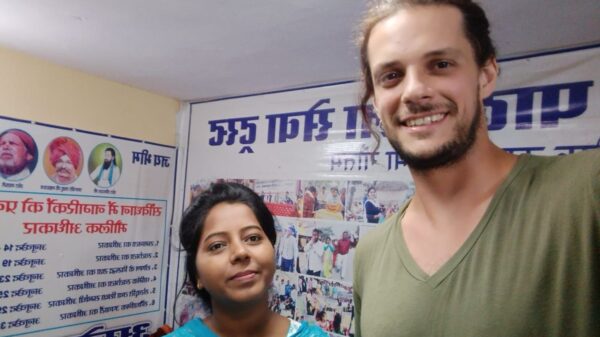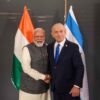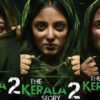K Shabas Haris
Students of Mahatma Gandhi (MG) University, Kottayam, Kerala, turned their annual Onam Celebration into a platform for voicing support for Palestine. The three-day celebration, held on August 25–27 under the college union, featured an art parade that included posters, performances, and slogans addressing issues such as Palestine and vote chori.
As part of the celebrations, the union organized traditional Onam competitions including tug of war, flower carpet (pookkalam), and the art parade, with participation on a department-wise basis. While each department was free to choose performances or slogans of their choice, few departments highlighted the plight of Palestine alongside concerns about electoral malpractice.
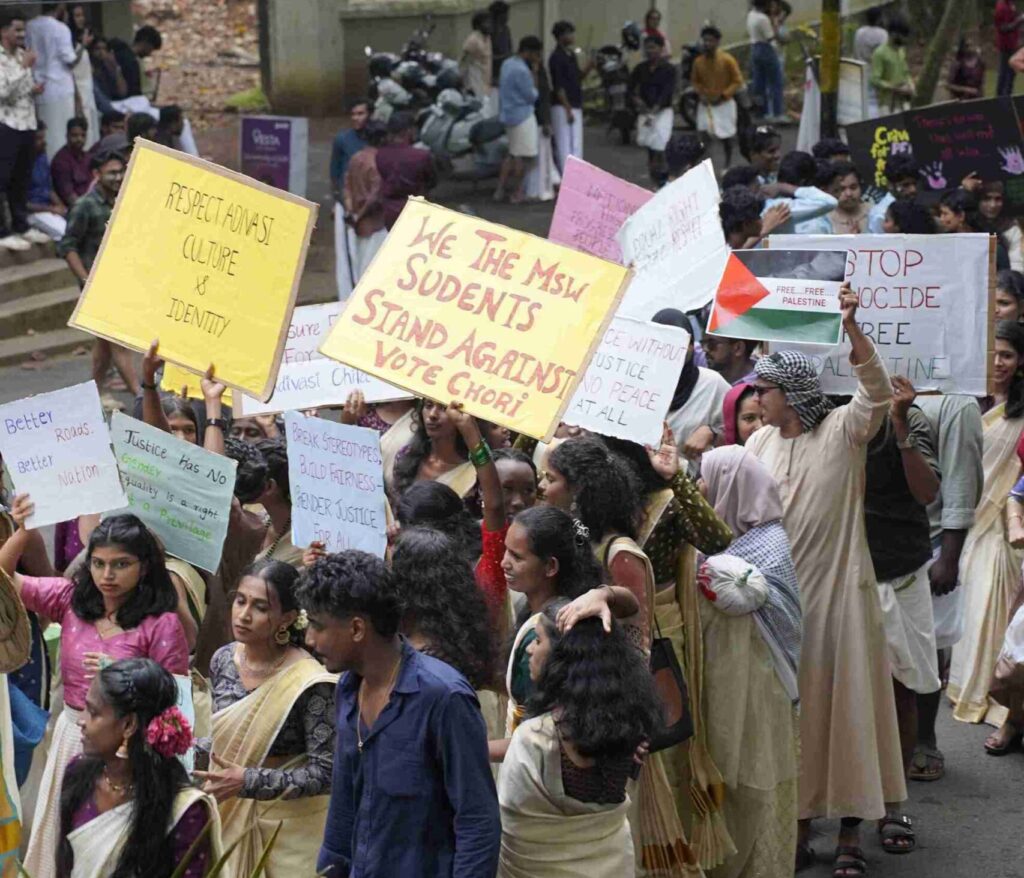
“As part of the Onam celebration art parade, we raised a number of important issues that reflect the concerns of our times. Among them, we gave special emphasis to the ongoing struggle of Palestine, as the issue is now drawing significant global attention and solidarity. We firmly believe that any celebration of culture and tradition becomes more meaningful when it acknowledges the struggles faced by humanity at large. Without recognizing and expressing solidarity with the people of Palestine, no celebration can be truly called complete, as the spirit of Onam itself stands for justice, equality, and togetherness.” Said Aysha VPP, student of MG university.
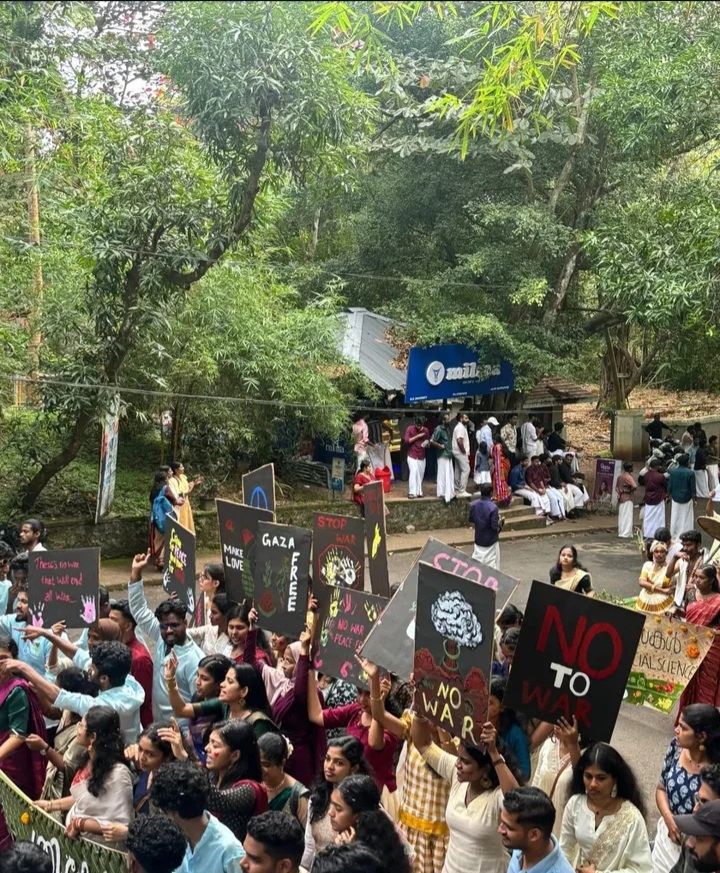
The move gained significance in the backdrop of ongoing debates in Kerala that accuse Onam as a “Savarna Celebration.” Traditionally, Onam is linked to the myth of King Mahabali, a ruler remembered for his just reign without cheating or injustice. Threatened by his popularity, the gods sent Vishnu to banish Mahabali to the underworld (Pathalam). In recognition of Mahabali’s humility and devotion, Vishnu granted him permission to visit his people once a year—celebrated as Onam.
Beyond mythology, Onam is also a harvest festival tied to Kerala’s agrarian cycles. In 1961, then Chief Minister Pattom Thanu Pillai declared it as Kerala’s “National Festival.” However, this decision, along with the upper-caste framing of the Onam story, has faced criticism from Ambedkarite voices and writers. They argue that marginalized communities such as Dalits and Adivasis, who still struggle for land and justice, remain excluded from this celebratory narrative.
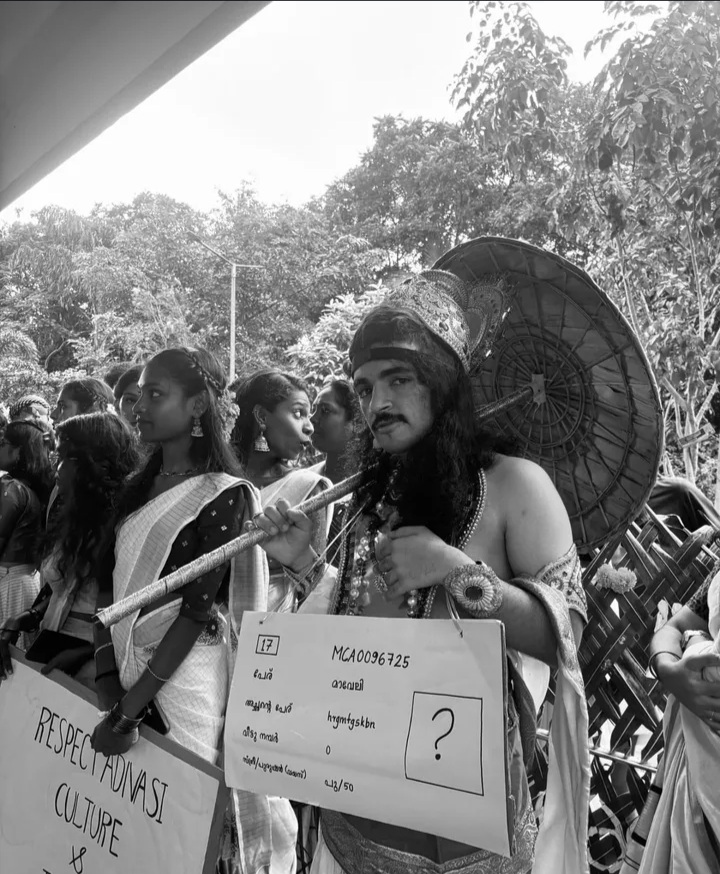
The use of Onam, a festival often criticized as an upper-caste construct, as a platform for pro-Palestine protests has sparked discussions across Kerala.






